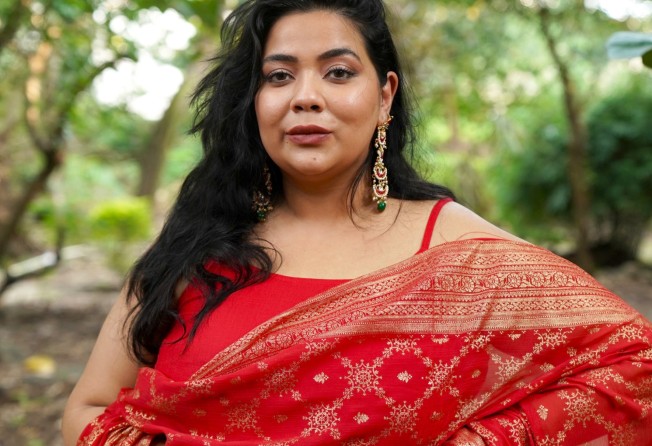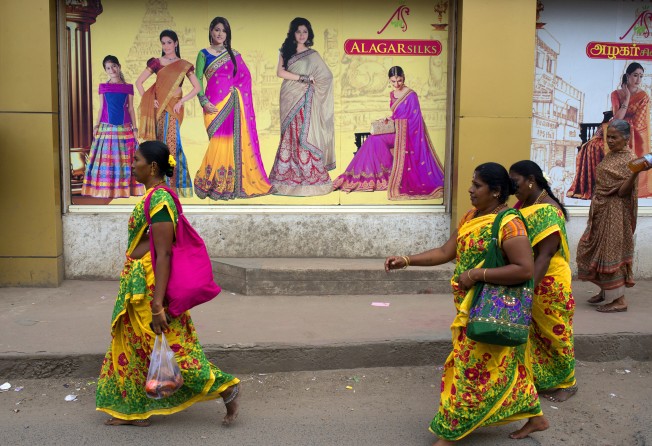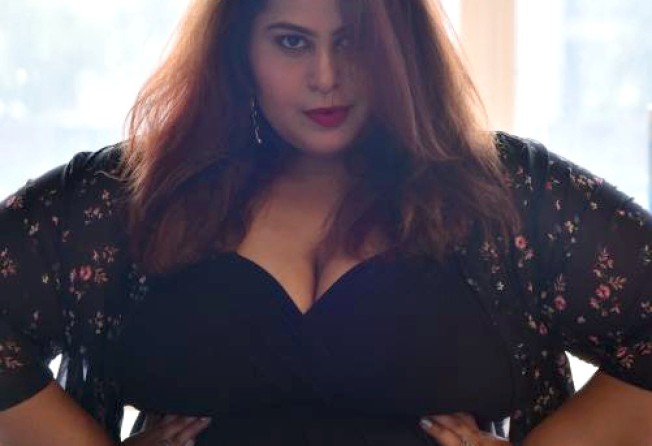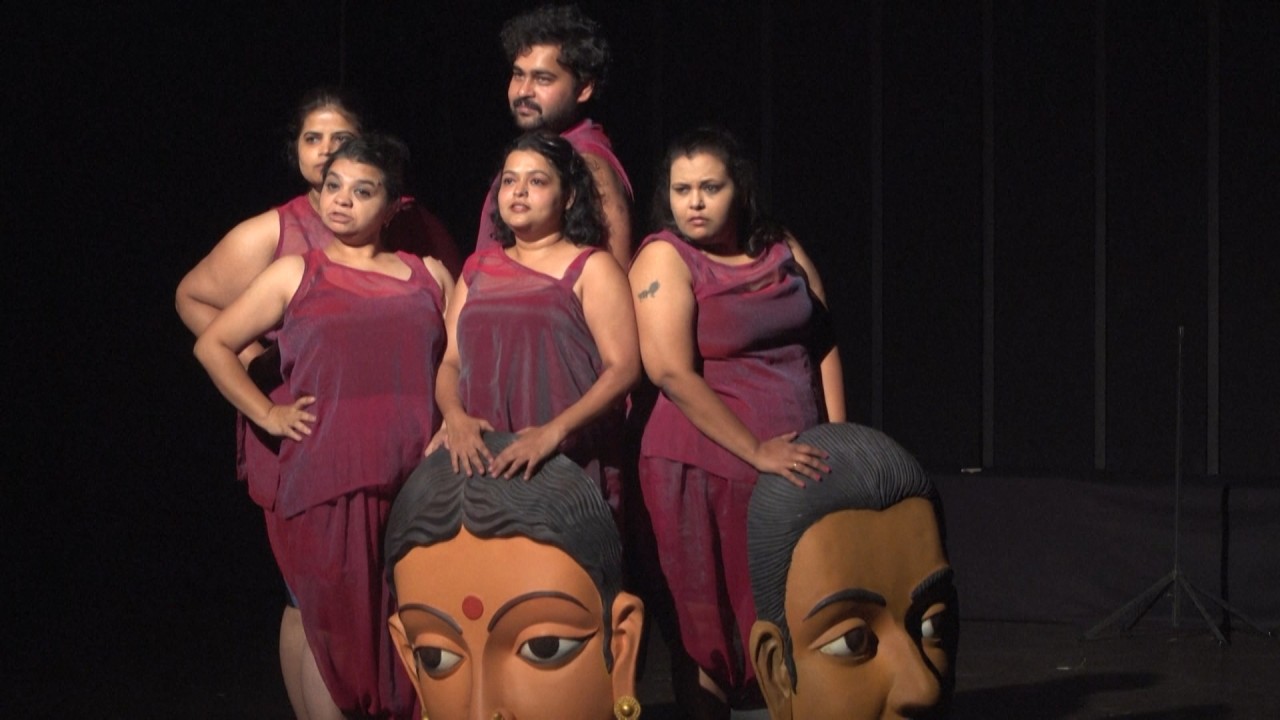
From Bollywood to politics, more Indians are fighting back against fat-shaming
- India has some 135 million overweight citizens in a population of 1.4 billion, and fat-shaming is ‘very normalised in Indian households’
- Obesity has typically been associated with poor food habits but it can sometimes be triggered by complex conditions, stress or medicine

When 68-year-old Indian politician V. Sivankutty posted a selfie he recently took with some students on social media, a remark about his size left him fuming.
“You should reduce your stomach a bit,” one commenter said.
The Minister for General Education and Labour in Kerala immediately spoke out against the possible harm such comments could bring.
“Body-shaming is the worst, no matter what the explanation. There are many among us who have been victims of body-shaming and even suffered mentally,” said Sivankutty. He added that the state government would “create awareness among students and teachers and consider making it a part of the curriculum in schools”.
Fat-shaming – the criticising of a person’s weight, body type and eating habits – is commonplace in India, with physical appearances often subject to public scrutiny and unwanted advice.
In a country of 1.4 billion people, India has more than 135 million overweight citizens, data shows, and doctors are constantly warning of an obesity epidemic.
The societal tendency has been to associate obesity with poor food habits, when it can sometimes be triggered by complex conditions, or even stress or medicinal side effects.

Whatever a person’s age, body-shaming can have significant impact on mental health and well-being, causing a “reduction in self-worth and self-esteem”, said Delhi-based clinical psychologist Kamna Chhibber.
“A person may feel hesitant in entering social settings, that people would negatively judge them, leading to avoidance of social scenarios,” she said. This could raise anxiety levels, affect moods, sleep and appetite and result in “distorted perceptions” of the body, she added.
Indian girls learn from an early age that their size matters, from being told at home they might look ‘chubby’ or from receiving suggestions and ways to slim down.
Neelakshi Singh, an Indian body-positivity influencer who runs the Instagram account @Plumptopretty, says: “Body-shaming is very normalised in Indian households and I grew up with a thick skin, because relatives or neighbours would share their opinion and unsolicited advice on your appearance freely, as if they are doing you a good deed.”
India’s arranged marriage market has also perpetuated body stereotypes, with matrimonial ads and matchmakers routinely asking for slim and fair-skinned brides. In a 2021 survey by Dove across 17 Indian cities, 94 per cent of women had been asked to change their appearance to improve their chances at marriage.
Indian advertisements also promote conventional beauty standards by featuring slim models and promoting weight-loss products.
Bangalore-based IT professional Anita Shankar, who has been overweight for years due to a thyroid issue, says: “Our society only accepts a perfect hourglass or pear-shaped body and the rest are termed fat. No one thinks that the person may be battling health issues and it may be hard for that person to lose weight. A little sensitivity would go a long way.”
India’s Bollywood industry has been accused of perpetuating the belief that skinny equals beautiful, as most of its leading actors are tall, slim and fair. Recent film Double XL, about two plus-sized women whose weight held them back from achieving their dreams, starred actresses Sonakshi Sinha and Huma Qureshi, who were both fat-shamed on social media.
Determined to challenge conventional beauty standards, body-positivity influencers have been aggressively using social media to celebrate the natural body.
Celebrities have also spoken up for the body-positivity movement. Actor Sonakshi Sinha, who was ridiculed for years because of her weight, said on Instagram: “For years I have been trolled for my weight. I’ve never felt the need to react because I always believed I was #BiggerThanThem … pun intended.”

Mainstream fashion labels are also increasingly using diverse models, with top designers like Sabyasachi Mukherjee using plus-sized models in their shoots.
But Singh said that “we are only scratching the surface” even as brands try to be diverse and inclusive. “Fat phobia still exists in a big way in Indian society, in spite of a large part of our population being overweight.”
Dipti Bharwani, a social media influencer and designer who has been fat-shamed, says: “We grow up in a society that has certain body-image perceptions and the desirable type is thin and fair – everything else is not acceptable.
“In the past generations of Indians, the body was the primary aspect and to find the right husband you were supposed to be that body type without paying heed to your qualities, personality or talents,” she adds. “Finally, Indian society is waking up to the fact that everyone is perfect in their own way.”
